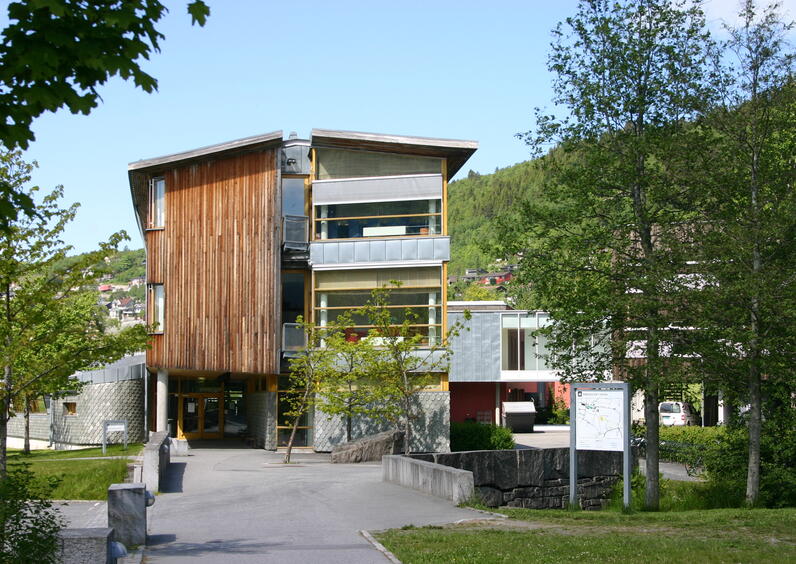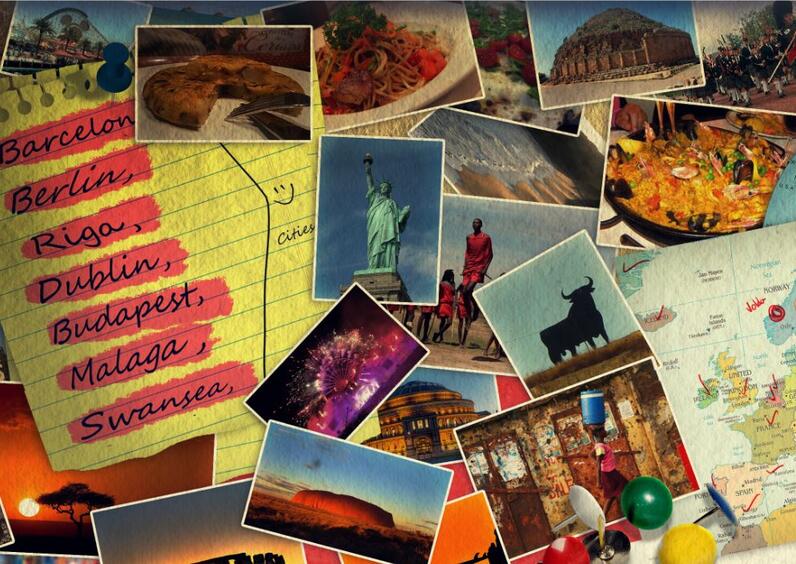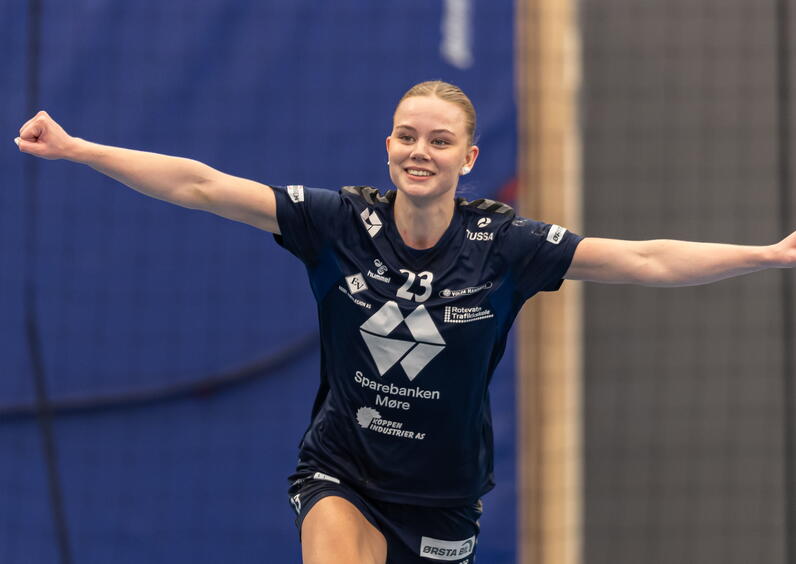Exploring creative wellbeing
Can creativity and quality of life be the key to creating more sustainable lives? Researchers from Volda delve into future skills in a new book.

Five of the VUC authors behind the new book "Exploring Creative Wellbeing Frameworks in Context. Nature, Culture, and Sustainable Futures". From the left: PhD candidate Marianne Hustvedt, Professor Siv M. Gamlem, Professor Helga Synnevåg Løvoll (editor of the book together with Professor Wenche Torrissen), Professor Wenke Mork Rogne, and PhD candidate Eleanor Dodson.
– Creativity is a skill that society as a whole needs, and it is extremely important. All the research we’ve reviewed shows this. But the question is how we should understand the concept of creativity.
These are the words of Professor of Outdoor Studies Helga S. Løvoll at Volda University College (VUC). She discusses the work behind a recent academic book (Routledge, 2025) that explores creativity and quality of life as a composite future skill in the context of nature, culture, and sustainability.
Løvoll has edited the book together with VUC colleague and Theatre Professor Wenche Torrissen.
The book contains both theoretical, conceptual exploration and empirical pilot projects that examine creativity and quality of life from different perspectives. Using various methodological approaches, the chapters explore everything from joik (Sámi chanting tradition), theatre experiences, and hiking, to personal growth in schools, social work, and marginalised youth on sailing voyages.
- Further reading: Student placement at sea
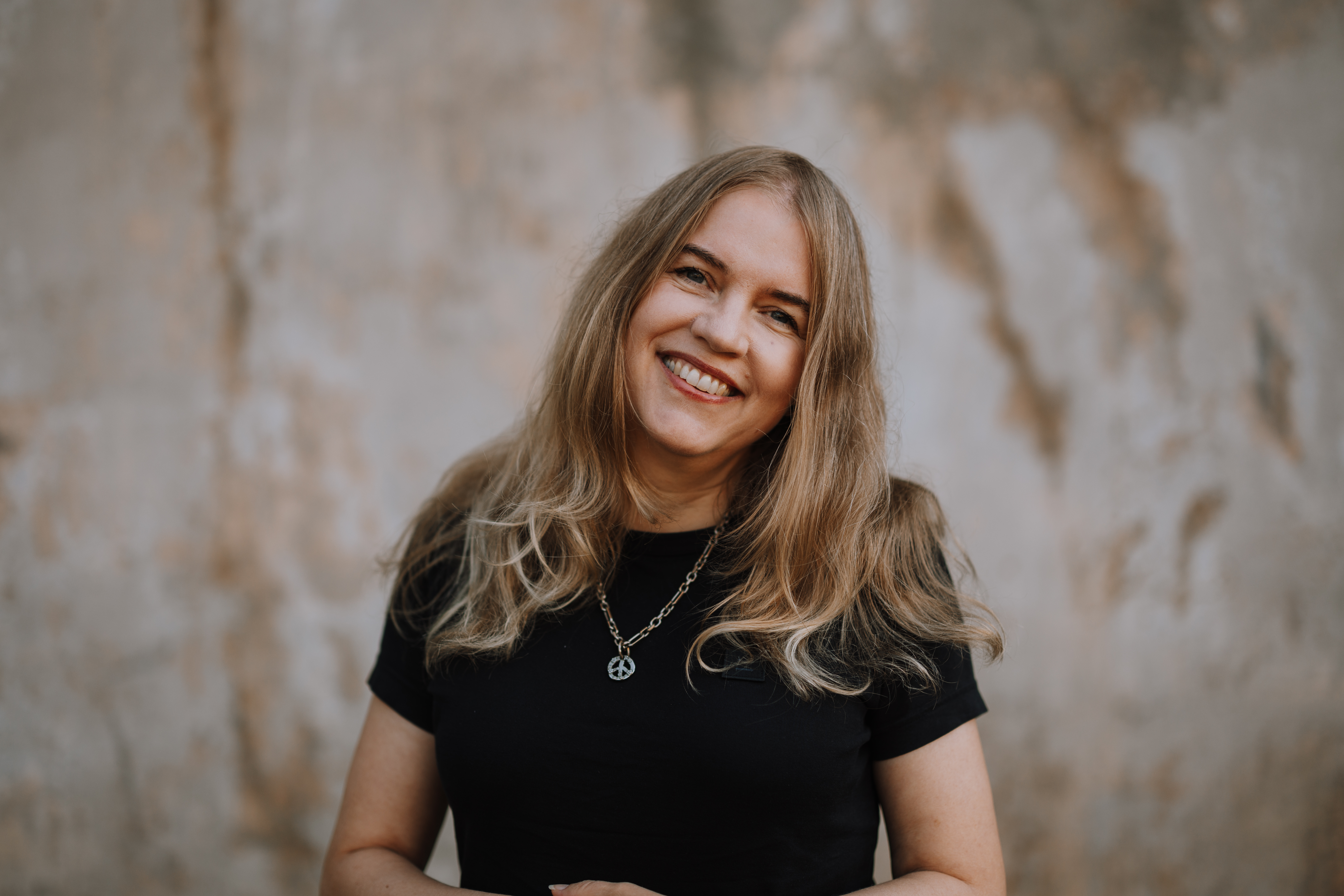
The Skills We Need for the Future
The publication is rooted in an initiative on future skills, one of the objectives the Norwegian Ministry of Education and Research in 2021 tasked Volda University College with addressing. The Faculty of Arts and Physical Education, where both the editors work, was challenged to explore a research field with much uncharted territory.
This concept of "future skills" warrants some explanation. The researchers view it broadly as skills that provide opportunities for personal development, lifelong learning, and adapting to a changing reality. It involves striving to build a better society and succeed in life and work.
– We began our work on future skills by developing two knowledge overviews to collect existing research on the subject, Løvoll explains.
In short, they first wanted to see how the various school subjects support children in becoming whole individuals.
– Here, we noticed huge gaps in knowledge about practical-aesthetic subjects. There was very little research, so we embarked on a new knowledge overview, where we conducted a conceptual analysis of all research on future skills across all sectors, not just within education.
It was here that the Volda researchers found a clear top result: creativity as a skill was mentioned in all contexts. This raised questions about what creativity actually is as a concept.
An unknown term did the trick
– It’s too narrow to view creativity in isolation – we need a holistic understanding of the creativity we need for the future, and both the head, heart, and body must be involved.
Professor Løvoll admits that the topic can be elusive, but the complexity loosened up a little when the researchers came across the term "creative wellbeing". In Norwegian, they also use "wellbeing" as part of the term, in lack of a sufficiently comprehensive translation, but creativity and quality of life can serve as a simplified description of what creative wellbeing entails.
– There was something intriguing about 'creative wellbeing', so we delved into the term as a sort of essence of future skills. The term had been used sporadically before, but definitions and understandings were vague.
This marked the beginning of several years of challenging pioneering work in VUC’s Creative wellbeing research group.
– We realised that the world needs a book that delves into what creativity and quality of life can actually mean as a concept, and how the practice field can facilitate this as a future skill – not just in schools, but throughout society, Løvoll says, smiling as she notes that the researchers are "an ambitious bunch."
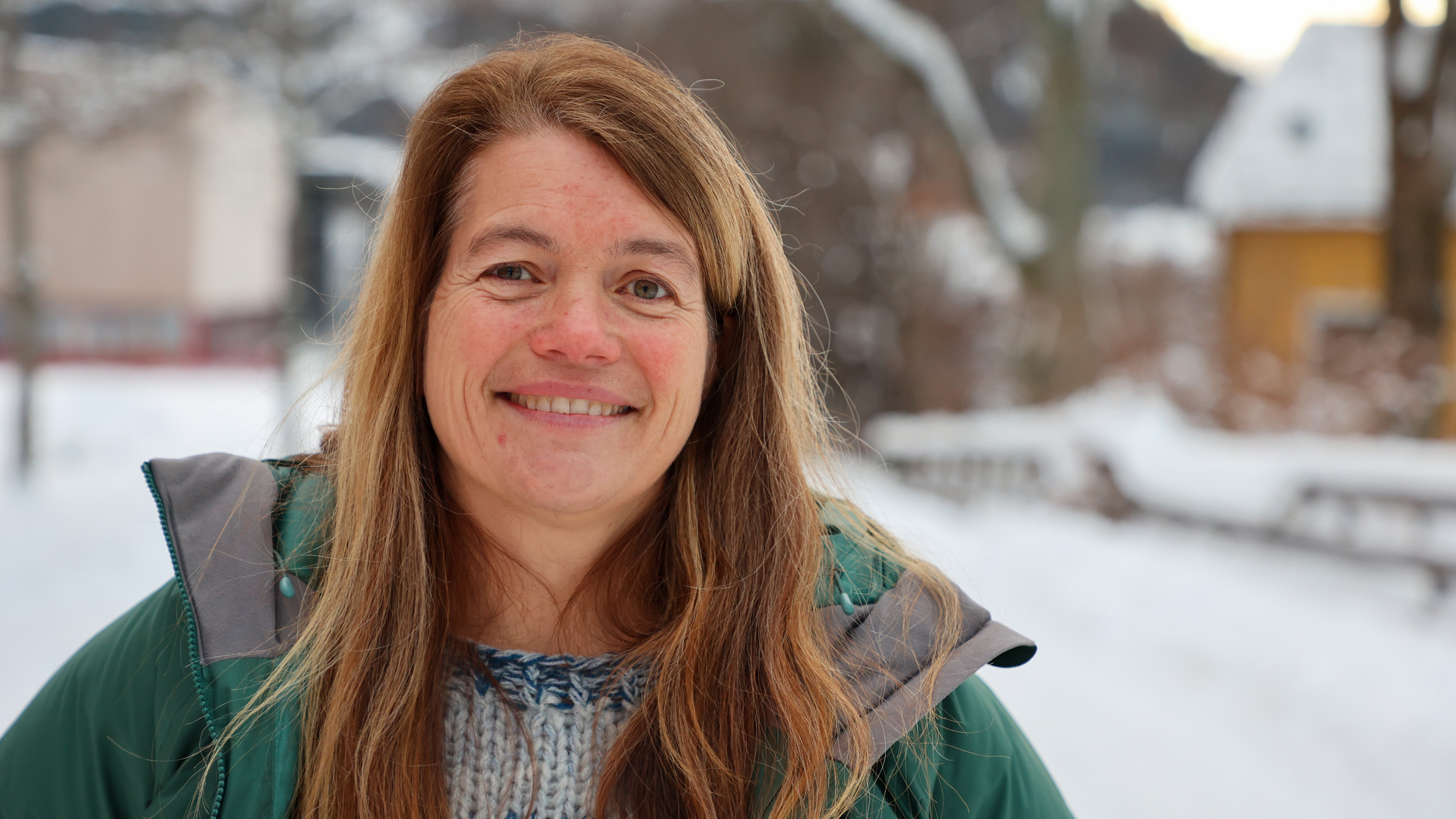
Qualities for more than just the elite
The tangible result of this work is now bound between two covers: a book of research articles from, among others, eleven VUC authors, published by an international, top-tier publisher.
Why is it important to research future skills?
– We aim to live in a future society that unites ecological, economic, and social sustainability. That’s the goal, and while we may not solve everything at once with the concept of 'creative wellbeing', it brings us a step closer, says Løvoll.
The Professor of Outdoor Studies particularly emphasises social sustainability and how one can incorporate nature, art, and culture into the concept of a good life.
– A major challenge today is that a cultural and economic elite has much greater access to experiences of nature and culture than others. This class divide in society is not socially sustainable, and we can do a lot by integrating new ways of thinking at all societal levels. Those who most need meaningful experiences of nature, art, and culture are often the ones who cannot access them on their own.
For this reason, the authors have focused on exploring offerings and issues related to vulnerable groups.
– What we write about are universal topics, but we aim to highlight the stories of groups that do not have the same accessible resources to begin with, and examine what happens there. Particularly in personal growth, there is enormous potential in filling life with experiences of nature, art, and culture – values that are not about materialism, but about our human capacities to grow and seek a much deeper form of happiness, Løvoll emphasises.
Pushing the research frontier
In their efforts to capture the conceptual essence of creativity and quality of life, the researchers developed a theoretical framework as an entry point to the empirical contributions.
– We immediately positioned ourselves within a philosophical understanding of quality of life, where we do not pursue simplified notions of happiness as pleasure without resistance. Personal growth is central to our understanding of quality of life, and we draw on positive psychology and concepts such as Aristotle’s eudaimonia.
The authors take a broad, interdisciplinary approach, with methodologies ranging from ethnography and observation to interviews and mixed methods. Løvoll finds it exciting that the publisher has placed their book in the series Explorations in Mental Health.
– From a psychological perspective, nature and artistic experiences have only recently been recognised as central factors for quality of life. Previously, there was a more individualistic perspective on what one must do to feel better. But the fact that we are now establishing these support structures around nature, art, and spirituality is a need supported by strong research environments. We believe we are contributing something important here.
Who do you hope will read the book you’ve written?
– Our primary audience is master’s students and researchers at the doctoral level. But we hope that some of the stories we present will also be accessible to others – we have an ambition to push the research frontier in this field. Our conceptual contribution largely involves learning from practical experiences and placing them within a theoretical framework.
The researchers’ work doesn’t end with the publication. They now plan to use and share the fresh international knowledge from Volda, with seminars on future skills already on the drawing board.
– Hopefully, this can highlight the expertise we have here in Volda in this new field, for example to businesses, and contribute to integrating this knowledge into our education programmes – I think that’s a natural next step, concludes Professor and Editor Helga Synnevåg Løvoll.



